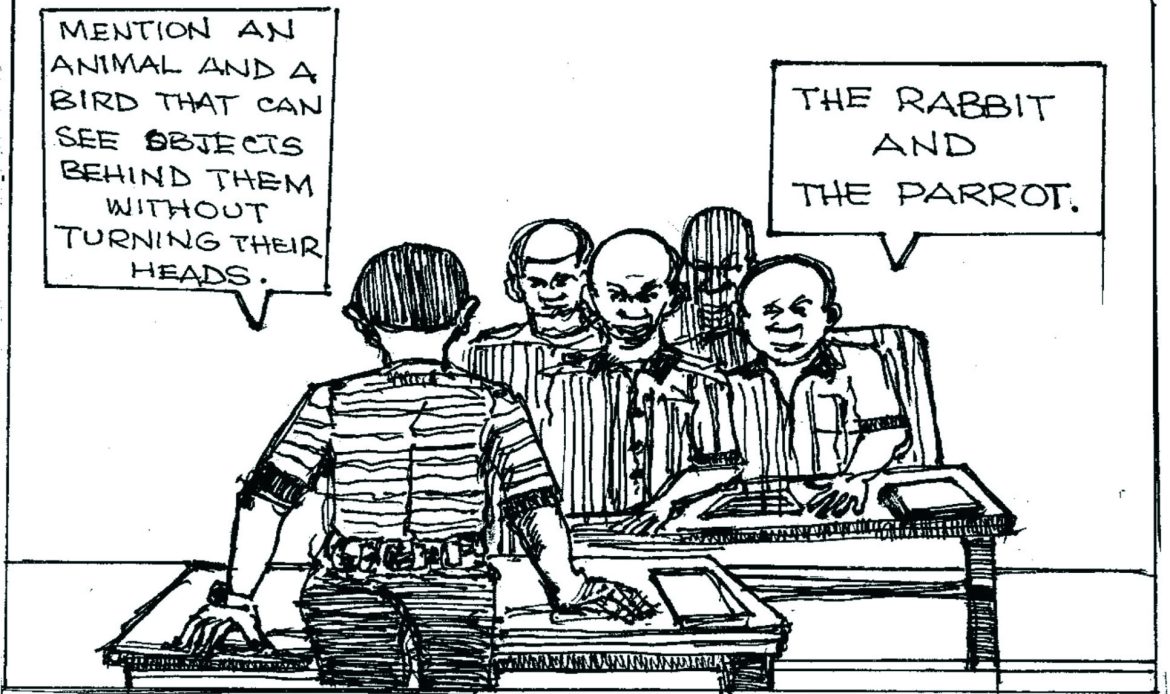On CBN’s Withdrawal Limits
NIGERIA’s economic problems are hydra headed, and exhibit their infections in different symptoms. These symptoms include inflation, high exchange rates, import dependencies, low productivity and deficit budgeting. Mostly, the myopic conclusions, often based on faulty data, have reduced the myriads of economic challenges to one, that is, uncontrolled cash liquidation in the economy. To Emefiele, CBN Governor, the huge unbanked monies in circulation, and or in ‘incarceration’ by Nigerians is the bane of Nigeria’s economy. The magic wand that would cure the nation’s economic malaise is a two-pronged fork of changing the colour of the currency, and reducing the cash flow in the economy.
THE Hope applauds all good policies and realisable efforts of government, aimed at rescuing the free fall of the naira in the local and global markets, as long as the conclusion of intentions tally methodically with the premise and realities of the cause of our inflation. In the recent fiat, the CBN has restricted the maximum cash withdrawal over-the-counter (OTC) by individuals and corporate organisations per week to N100,000 and N500,000, respectively. Also, individuals are not to access more than N20,000 daily. The timing, time frame and modalities of the execution of the policy reveal that the CBN governor may be out of tune with the determinants Nigeria’s economic retrogression.
WE observe that the CBN governor is by all intents, and purposes bent on forcing the cashless policy, which Nigeria’s infrastructure is not developed to handle, down the throats of the ailing masses and economy. The online banking system has been fraught with issues of criminality, unreliable internet connectivity, as well as unreliable power supplies. The rural areas could boast less of the presence of internet facilities and power that promote modern banking, thus excluding them from financial inclusion. These are the areas that are responsible for feeding 200 million Nigerians, and are tactically disconnected from a virile cashless banking system.
FOR the past five years, government, and nay the CBN, has not adequately responded to these challenges which have made a mincemeat of the cashless policy over the years. The wrong perception that Nigerians are unwilling to embrace the cashless policy rather than the fact that Government is ill-prepared to implement, is the premise that has birthed yet another fiscal policy that portends more economic downturns for this government, and the nation as a whole.
THE basic problem with Nigeria’s economy as at today remains low productivity and high dependence on foreign goods. The banking system by its Sherlock’s policies had clandestinely increased the cost of banking and reduced interest rates on banked notes, thereby reducing the propensity for savings. Added to this fact is that small scale enterprises and industries have had to deal with huge interest on loans, which had led to the death of many that could have improved the productivity in the economy. All these and the dollarization of the economy by the ruling class, the questionable health of the banks, high inflation rate and unbridled misappropriation of funds have not been addressed in order to mitigate against the nation’s economic woes.
THE Central Bank of Nigeria, has insisted that the cash withdrawal limit policy is poised to enhance the efficacy of the monetary policy operations and economic stabilisation measures since economic transactions would be done through cheques and electronic payment options. However, the bank has also not observed that the deliberate prevention of access to cash would reduce spending, limit business activities, increase prices of goods and services; create unemployment and eventually increase theft. Also, while the policy may curb heinous crimes, it may lead to dollarisation of ransoms, inhibit purchases and sales, thus retarding the market. Without putting in place the necessary infrastructure, investment friendly policies, trainings and sensitization, the Federal Government, has, as it always does, leapt without looking.
The Hope submits that this policy is strategically skewed to favour the banks, whose monetary policies and activities are ab initio tilted towards profiteering as against the attainment of the economic development of the nation. In order to encourage more Nigerians into banking their hard-earned monies, more reforms are needed to protect the wealth of every Nigerian. The banks in Nigeria must move beyond safe keeping and controlling cash to offering services that promote the economic development of the individual, small scale enterprises and the nation.
When the banks are judged healthy, safe, reliable, trustworthy and helpful to the economic development of people, the propensity to save comes naturally. Also, when government workers are not owed salaries, and are paid as and when due, their bank accounts would not be empty. Mr. Godwin Emefiele’s submission that the policy would be reviewed from time to time, and that POS operators can always apply for waivers, clearly shows the he knows, that this policy comes with more problems than solutions to the nation’s ailing economy.











